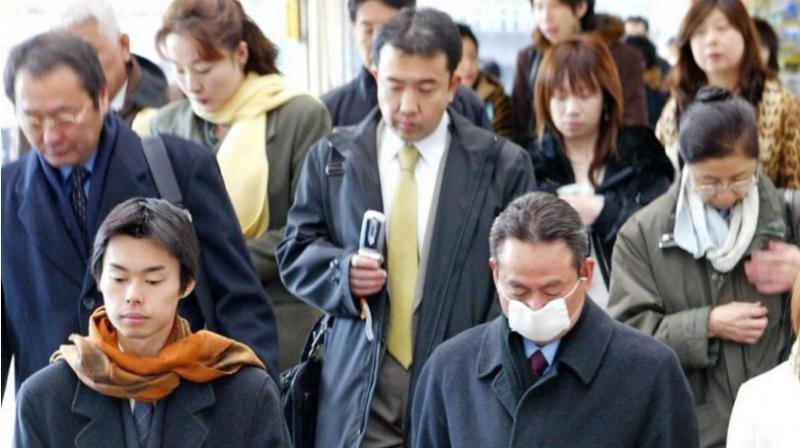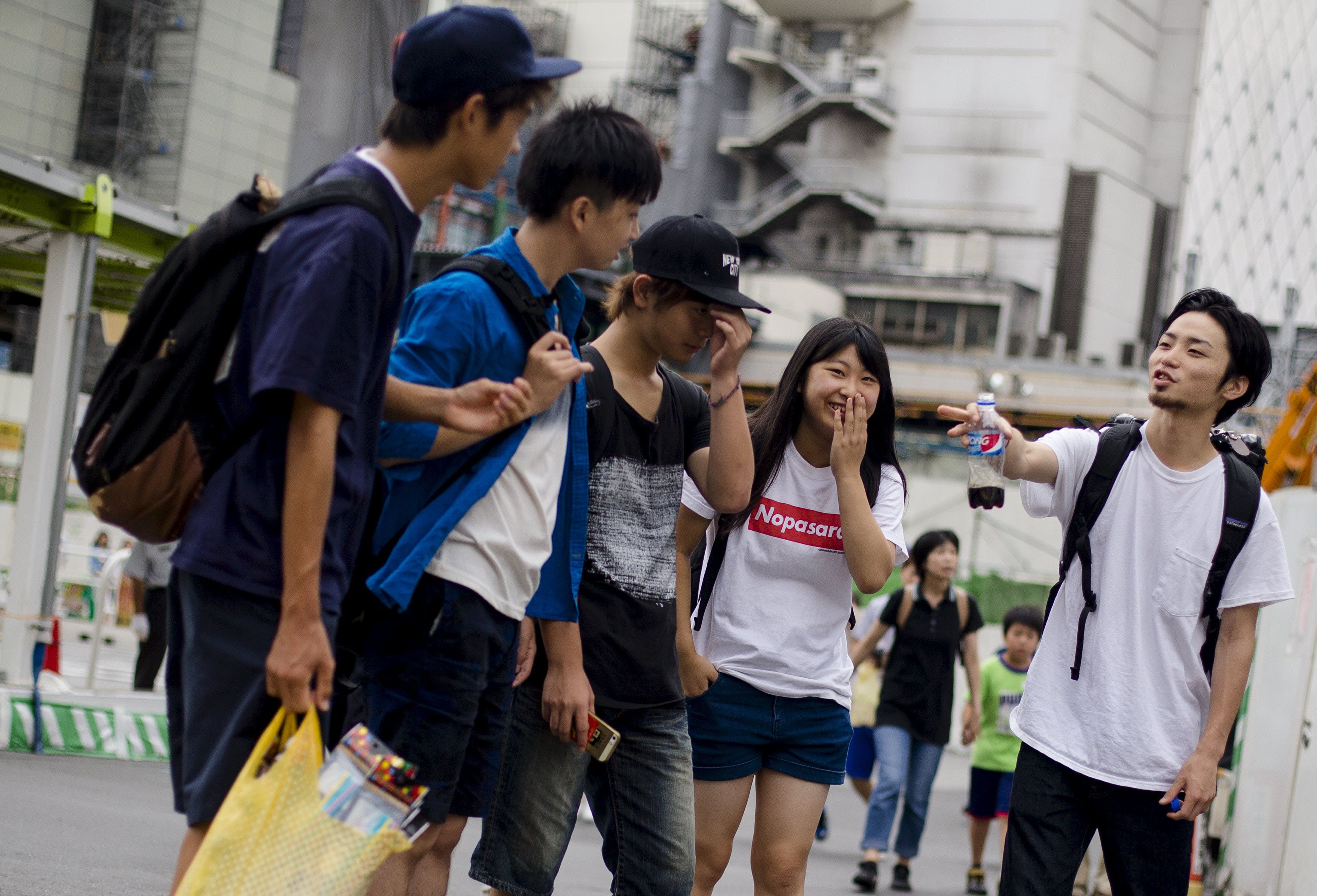Japan’s Prime Minister spent Friday afternoon meditating while staff at some of the country’s biggest firms quit work early — in time for a bit of shopping or maybe a boozy train ride.
Welcome to Premium Friday, Japan’s latest bid to tackle two perennial problems — sluggish consumer spending and notoriously long working hours blamed for a national health crisis known as karoshi, or death from overwork.
The new work-life balance scheme, which launched this week, calls on employers to let staff off around 3:00 pm on the last Friday of every month.

Major firms including automakers Nissan and Toyota, beverage giant Suntory and brokerage Nomura are taking part in the government-backed initiative.
But it’s not mandatory and many companies have opted out, while some analysts question whether it will really boost spending or do much to change Japan’s punishing work culture.
Still, the idea was a hit with Suntory employee Maki Suzuki, who said she often works late into the night or even into the early hours when things are busy at the office.
‘Changing our lifestyle’
Every year, Japan’s long working hours are blamed for hundreds of deaths due to strokes, heart attacks and suicides.
In December, the head of Japan’s biggest advertising agency Dentsu resigned in response to the suicide of a young employee who regularly logged more than 100 hours of overtime a month.
More than one in five Japanese companies have employees who work such long hours they are at serious risk of dying, according to a government survey published in October.
This hard-driving office culture spawned the image of the weary salaryman who worked all day, drank with the boss all night, and was back at his desk early in the morning.

That has changed over the decades and Japan’s once-booming economy has slowed.
But putting in long hours is still viewed as a sign of dedication at many firms, even if Japanese workers’ productivity lags behind that of their US and European counterparts.
But it could be a hard sell.
Many Japanese employees don’t take all their regular annual leave and firms are not increasing wages, meaning workers will not spend more money for Premium Friday.
However, analysts feel that one campaign will not suddely boost spending or stop long working hours since it is not even a mandatory scheme.
(Feature Image Source: AFP)

















